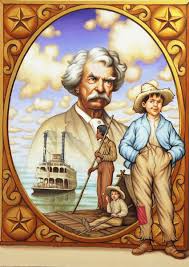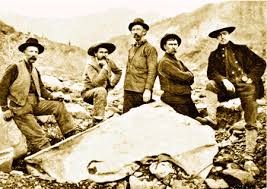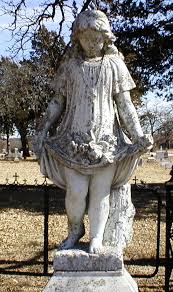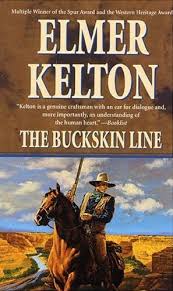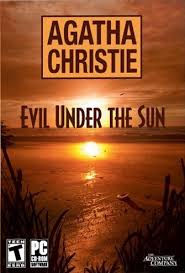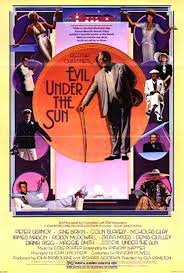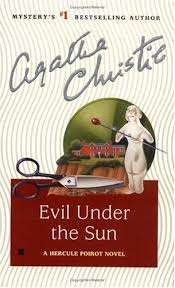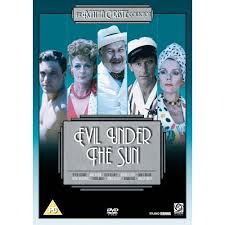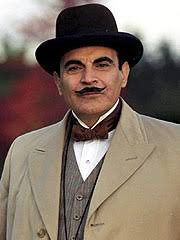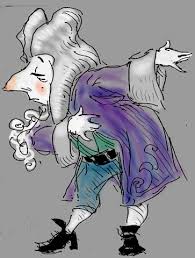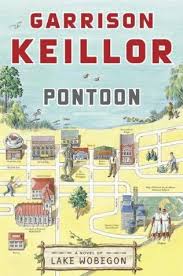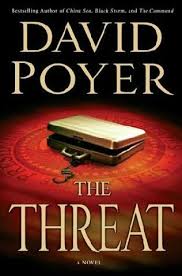Out of all the reading that has been assigned, now is my opportunity to shine. Right? It is nonfiction and that is my favorite area. But I have been subdued by my choice, something I did not expect. I have been touched by this selection and if that wasn't enough, I read a second nonfiction book. That will be a separate blog.
Okay, so back to this entry. This book came into my life before I began this class. The Monday night of the first week of class, I parked myself in front of the TV at 9:00 pm to watch one of my favorite shows - "American Experience" on PBS. That night's episode was about the influenza epidemic of 1918. It was so well made I wanted to know more. So the next day, I went to the local library and found
The Great Influenza by John M. Barry.

If you don't know anything about this time in our country's history, then you should read this book. If you do know, you should still read this book. Yes, it's thick - 546 pages. But if you subtract the 40 pages of notes, the 21-page bibliography, and an index of 18 pages, that makes it a little smaller. I cannot say how long it took me to read because 1) I'm a slow reader, 2) I had to reread some medical and scientific passages, and 3) there was fiction to be read. But I did manage to get back to it. I had to. It is compelling.
We start 30-35 years before the outbreak by taking a look at the medical training in America and Europe. Let's just say America is a little bit behind. To attend medical school, you don't need a college degree. You can fail a class numerous times and still earn your certificate. There are no hospital rounds, no live patients, no internships, no research, no lab work, no microscopes. Some training, don't you think? Europe required so much more. It was time for change. William Welch desired that through his efforts and a few friends, he was able to change the face of American medical schools. His efforts have given us John Hopkins Medical School and a new way of teaching the practice of medicine.
Then WWI broke out and we stayed out until April 1917. Men are drafted and sent to military camps, then sent overseas. All is well - for a while. Winter came and the so did the influenza, but it's the typical case. Some children die and some elders, but nothing that should worry anyone. The year goes by and there is talk that the war may be winding down. But we are still drafting, still training, still cramped. Parades, gatherings, shopping - all activity as usual - all feeding grounds for the flu. And then someone passes out on the street before your very eyes and is dead by nightfall.
While Barry's research is more than just thorough, it is the style that keeps calling, beckoning you. As in all historical nonfiction, the end is known. But it is how you get there that counts. A reviewer on Amazon stated that Barry includes unnecessary information, such as insight into the scientists' lives. I disagree. An epidemic affects people in many ways and it is this that Barry wants to show - at least that is my opinion. Scientists have given their lives to research - day in, day out - so we have a better life. Although they did not invent a vaccine then, their research has led to many other findings.
The pacing ebbed and flowed just like the flu epidemic. For a large part of the book, the pace kept moving rapidly accompanied with the writing style of panic and fear. I could feel every emotion, every pain, angst, fear. I was there on the streets, in the camps and hospitals, on the trains, in the labs. He plants the reader in the middle of it all. The characters? Ever heard the song "Getting to Know You" by Oscar Hammerstein from
The King and I? Did I ever get to know them! It is almost like reading a biography at times. I became friends with a few of the scientists and doctors. And I learned so much about the flu, the main character, not only what it did in 1918, but how it has changed over and over. It is something that is still being studied today.
Anyone who loves American history should read this book. It reads like a horror book, a mystery, a biography, and a history book, all wrapped into one. It is good for those who want to learn what life was like for their ancestors, for those interested in science and medicine. The technical terms may make you look things up on the internet, and you may need to reread some passages, but it is well worth the time and effort. Just ask someone whose family member died from it. I have - two of them. Fascinating stuff. By the way, I am looking forward to reading another John M. Barry book very soon -
Rising Tide: The Great Mississippi Flood of 1927 and How It Changed America.For read alikes, I went with related reads and fiction books on this topic (teens and adults). Teens may not want to read a 546 page nonfiction book, but they may need to learn about the epidemic.
Related reads (Reader's Advisory):
Polio: An American Story (David Oshinsky);
The Great Mortality: An Intimate History (John Kelly);
Plague and Fire: Battling Black Death and the 1900 Burning of Honolulu's Chinatown (James Mohr).
Fiction reads on this topic: Adults: Kathy (Linda Sole-Adult); The Last Town on Earth: a novel (Thomas Mullen); This Time of Dying (Reina James); The Paradox Syndrome (Ken Hodgson).
Teens: Winnie’s War (Jenny Moss); The Influenza Pandemic of 1918 (Claire O’Neal; Blessings Bead (Debby Dahl Edwardson); The Goodbye Season (Marian Hale); The Flu Epidemic (JoAnn A. Grote); Fever Season (Eric Ziveig); Marvin of the Great North Woods; Kathryn Lasky.
